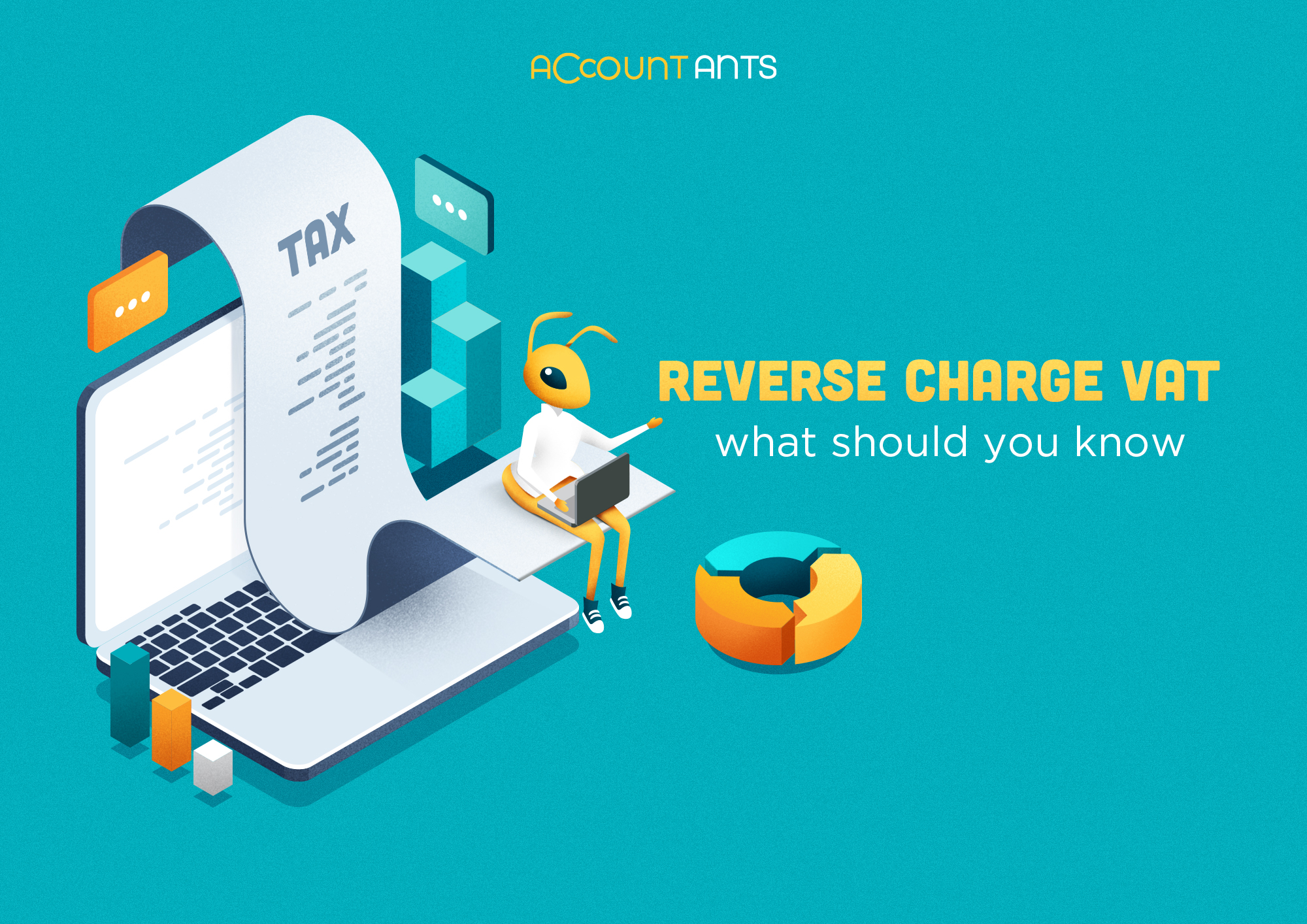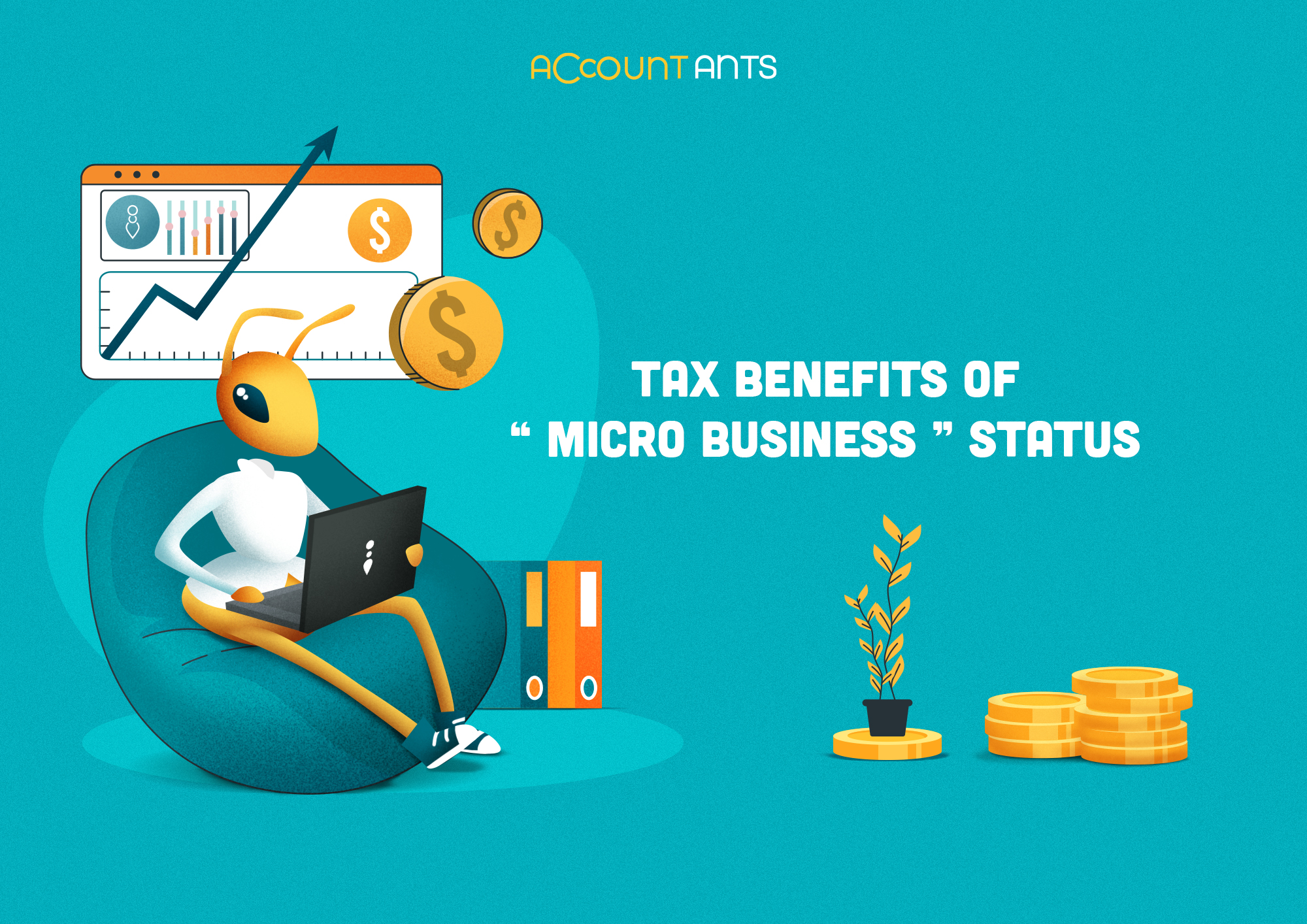Our clients often ask questions regarding reverse charge VAT (“RC VAT”). In this article, we will be discussing, in plain language, what it is exactly and in which cases do you have to pay RC VAT. We will also analyze what needs to be done for tax optimization.
What is reverse charge VAT?
RC VAT is local tax, which must be paid by a company that purchases services from outside Georgia. VAT rate is 18%. RC VAT is applicable to only imported services, but not to imported goods.
Usually, VAT is declared and paid by service provider and not the service receiver. However, in case of RC VAT, service receiver is obliged to file tax declarations and pay RC VAT. This is because service providers provide the service from abroad and therefore the local tax authorities do not have the ability to recover taxes from them. Therefore, RC VAT is declared and paid by service receiver.
Does a company have to pay RC VAT if it is not itself registered as a VAT payer?
Despite whether a company is registered or not as a VAT payer, it must file RC VAT declarations. To better understand the reason for this, let’s have a look at a company, which is not registered as VAT payer. If this company were to purchase a service from a local company, which is registered as a VAT payer, then the service provider would charge VAT in scope of its service price, because service provider is obliged to add VAT to its fees. Therefore, when service receiver purchases service from abroad, on which it did not pay VAT, it must file RC VAT declaration instead of the service provider.
What should you do to optimize your taxes?
To optimize taxes from RC VAT perspective, company must decide whether to register as a VAT payer itself. Let’s discuss two cases:
When a company is not registered as a VAT payer – if it purchases service from abroad, it will have to declare and pay RC VAT.
When a company is registered as a VAT payer – if it purchases service from abroad, it will have to declare, but it would not have to pay RC VAT as it would be able to take VAT credit for the paid VAT and offset the VAT asset (this is called “input VAT”) with the VAT liability. In this case the company simply files RC VAT tax declaration, but never has to pay it. However odd this may seem, in practice, this means that registering as a VAT payer actually makes company to pay less VAT. This information often causes confusion with company managers. They expect that registering as a VAT payer automatically means paying more VAT, however this is sometimes not the case. The thing is that, usually, only VAT registered entities can take VAT credit, while a company, that is not registered as a VAT payer, is not able to get such credit. Besides, as discussed above, a company must declare RC VAT notwithstanding the fact whether it is registered as a VAT payer or not. Due to this, an entity must declare RC VAT in any case, but only has to pay if it is not registered as a VAT payer, simply because it cannot take VAT credit.
After hearing the above information, a lot of companies ask whether it is lucrative to register as a VAT payer in all cases, even when the registration is not mandatory? (As a reminder, companies must register as a VAT payer if their taxable revenues, for the last 12 months, are greater than 100 thousand Georgian Laris). The answer to this question is – it depends. To analyze this question, we need to compare entity’s RC VAT and its ordinary VAT. If a company has significant service purchases from abroad, and therefore must pay large amounts of RC VAT, which exceeds the ordinary VAT that the entity would have to pay on local revenues, then it is recommended to register as a VAT payer. And vice versa, when VAT on local sales exceeds RC VAT, then it is not recommended to register as a VAT payer.
Our company provides all necessary accounting services in Tbilisi and other large cities of Georgia, with regard to RC VAT and other tax issues. Based on our experience, VAT registration is lucrative for a company, when its revenues are primarily from exports, and it has some service purchases from abroad. The reason for this is that revenues from exports are not taxable by VAT, even when a company is registered as a VAT payer. Therefore, when company’s revenues are generated from exports, it does not pay VAT even after registering as a VAT payer. It’s the opposite, it can take RC VAT credit for services purchased from abroad.
 en
en






